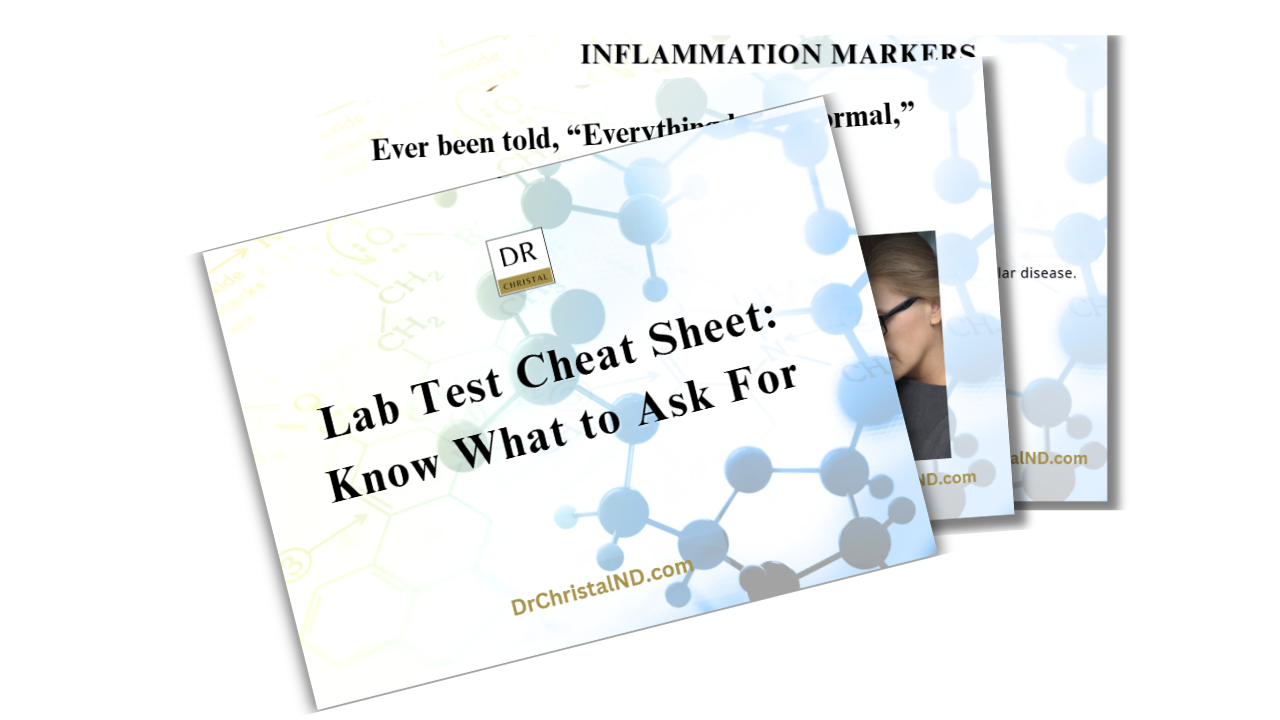Do you often feel tired or low in energy? Do you experience mood swings or have difficulty concentrating? Do you feel bloated after certain meals or suffer from constipation? Have you been diagnosed with IBS, acid reflux or bowel disease such as crohn’s or colitis? Do you have difficulty losing weight or suffer from chronic pain, asthma or skin conditions? If so, then you might be experiencing a food sensitivity reaction where your body’s immune system recognizes a particular food as an allergen.
Food sensitivities are more common than food allergies and in general can cause your immune system to create an inflammatory reaction in the body. In fact, most chronic diseases are said to be mediated by inflammation and are sometimes directly correlated to food sensitivities. Some examples of diseases that have been linked to food sensitivities are Type 2 Diabetes, Obesity, IBS, Rheumatoid Arthritis, Crohn’s, Ulcerative Colitis, Heart Disease, Fibromyalgia, Chronic Pain, Auto-immune Disease, etc…
Unlike a food allergy where symptoms can appear within minutes (i.e. hives, difficulty breathing, etc..), a food sensitivity is mediated by an immune response that is delayed. This would explain why you may notice the symptom(s) only a couple of hours later, or sometimes not at all. It is also usually dose-dependent, such that the more of the food allergen your body encounters, the stronger the reaction thus the more obvious the symptom. Sometimes however, your body doesn’t react at all. This may leave you confused when your test results claim that you have a sensitivity to a particular food that you consume frequently but experience no adverse symptom(s). This is common and occurs when your body has come to learn how to tolerate that particular allergen in order to protect itself. At times, you may experience a symptom if the body is feeling stressed or is under attack by a cold or flu virus for example. This is because the immune system can no longer tolerate the allergen since its defenses are required to handle the stressor or fight off the infection. Therefore this leaves the body vulnerable to food allergens and you will notice that you are now more sensitive to certain foods. Some of the most common food sensitivities are to milk, wheat, gluten, corn, soy, sugar, caffeine, nuts, berries, to name a few. Keep in mind, the types of food sensitivities vary from person to person.
To find out whether you have a sensitivity to a particular food, you can: 1) have a blood test done which is simply a prick of the finger or blood draw and you can get your results within 2-3 weeks. 2) Or you can do an elimination diet where you would strategically remove particular foods from your diet for 4 weeks or more and gradually re-introduce them under the guidance of a Naturopathic Doctor. 3) Some people like to use both methods as a way to confirm the sensitivity or to better understand its severity. Talk to your doctor to find out which method is best for you.
There are also treatments for food sensitivities however they vary from person to person. These can include removal or limiting the offending food, using digestive enzymes or other supplements like probiotics, doing a liver/gallbladder detoxification, following a rotation diet, etc.. If you do find out that you are sensitive to a particular food, don’t get discouraged. This does not mean that you need to avoid this particular food forever, nor does it mean that you can’t enjoy good food. With the help of your doctor, you will work together on how to apply any diet modifications or treatments to best fit your lifestyle. In our busy fast-paced world, we often forget to listen to our bodies and work, eat and play on auto-pilot. Start paying attention and take the first step in taking care of yourself. Don’t just eat foods that are healthy. Eat foods that are healthy for YOU. Wouldn’t you want to know what your body needs to perform at its true potential?


